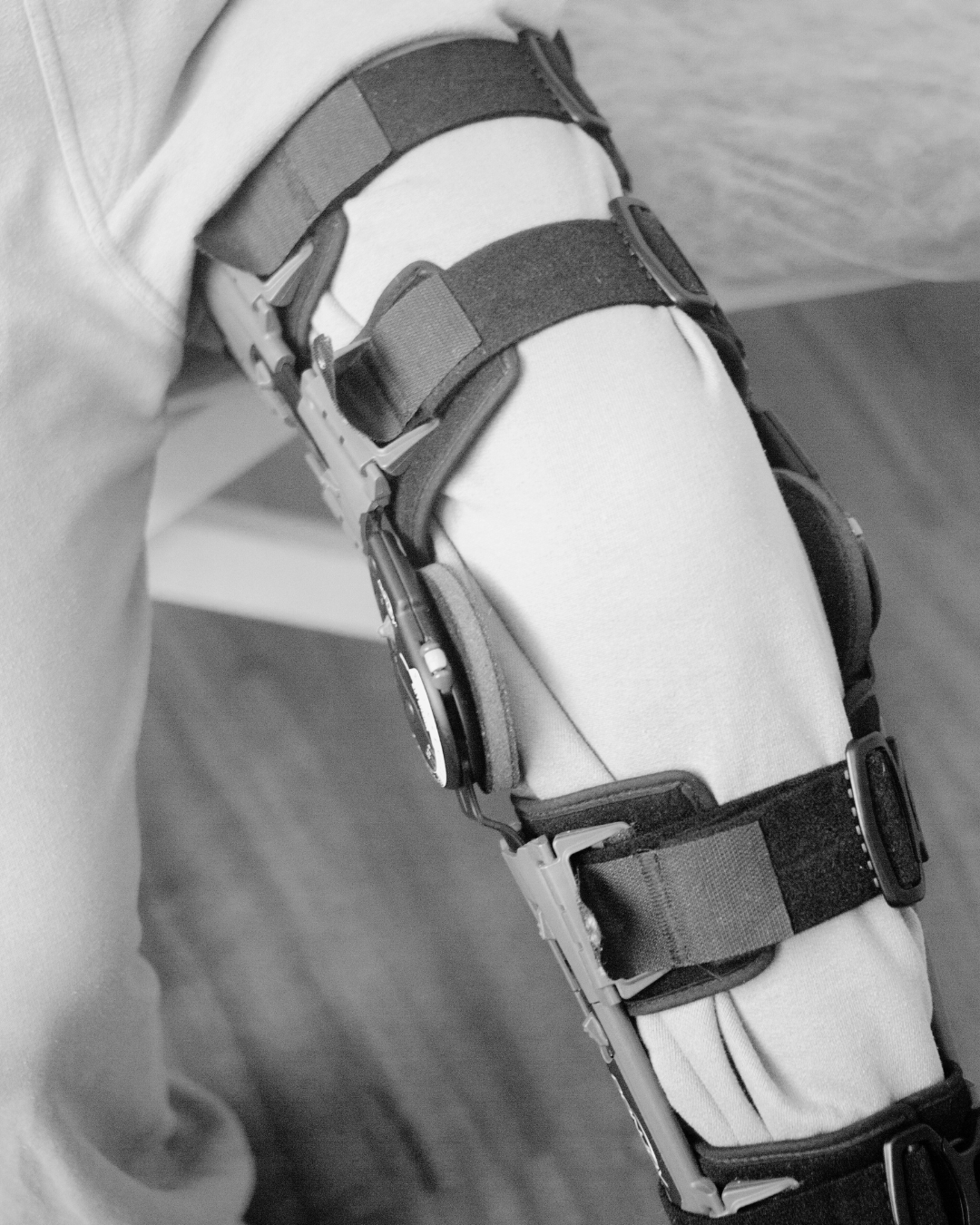
Navigating Personal Injury Cases in Colorado
Understanding the Statute of Limitations with Insights from a Denver Personal Injury Attorney
Personal injury cases in Colorado encompass a wide range of incidents, from car accidents to slip and falls, medical malpractice, and more. Understanding how the statute of limitations applies to these cases is crucial for protecting your legal rights and pursuing compensation. Here’s a comprehensive guide, with insights from a Denver personal injury attorney, on personal injury cases and the statute of limitations in Colorado.
What is a Personal Injury Case?
A personal injury case arises when an individual suffers harm due to the negligence or intentional actions of another party. These cases can involve physical injuries, emotional distress, property damage, and financial losses. Common types of personal injury cases in Colorado include:
- Car accidents
- Slip and fall incidents
- Medical malpractice
- Product liability
- Dog bites
- Workplace accidents

Understanding the Statute of Limitations
The statute of limitations refers to the time limit within which a legal action must be filed. In Colorado, the statute of limitations for car accidents is three years from the date of the injury or discovery of the injury. However, there are exceptions and nuances depending on the type of case and the parties involved.
How the Statute of Limitations Applies
- Car Accidents: If you’re injured in a car accident, you generally have three years from the date of the accident to file a personal injury claim. This includes claims for medical expenses, lost wages, pain and suffering, and property damage. Click here for more information.
- Medical Malpractice: Cases involving medical malpractice have a different statute of limitations. In Colorado, you typically have two years from the date of the negligent act or omission, or from the date of discovery of the injury, to file a medical malpractice claim.
- Slip and Fall Incidents: For slip and fall cases, the statute of limitations is generally two years from the date of the fall. It’s important to document the incident, seek medical attention, and consult with a Denver personal injury attorney as soon as possible after a slip and fall accident. Click here for more information.
Why You Need a Denver Personal Injury Attorney
Navigating personal injury cases and the statute of limitations can be complex, especially when dealing with insurance companies and legal procedures. A Denver personal injury attorney can provide invaluable assistance in understanding your rights, gathering evidence, negotiating with insurance adjusters, and representing you in court if necessary. They can also ensure that your claim is filed within the applicable statute of limitations, avoiding potential issues with your case’s validity.
Understanding personal injury cases and the statute of limitations in Colorado is essential for protecting your legal rights and pursuing compensation for your injuries. If you’ve been injured due to someone else’s negligence, don’t wait until it’s too late to take legal action. Consult with a Denver personal injury attorney as soon as possible to discuss your case, explore your options, and ensure that your rights are preserved within the statute of limitations.


